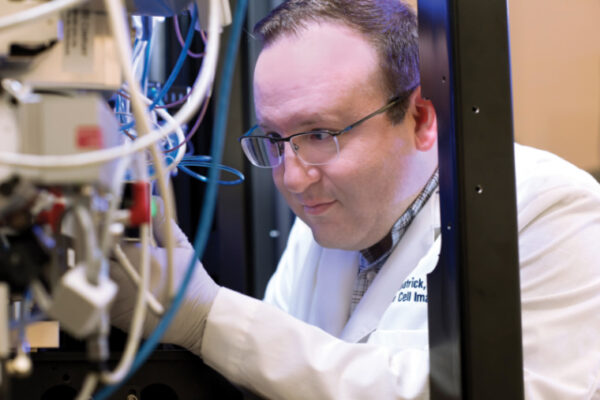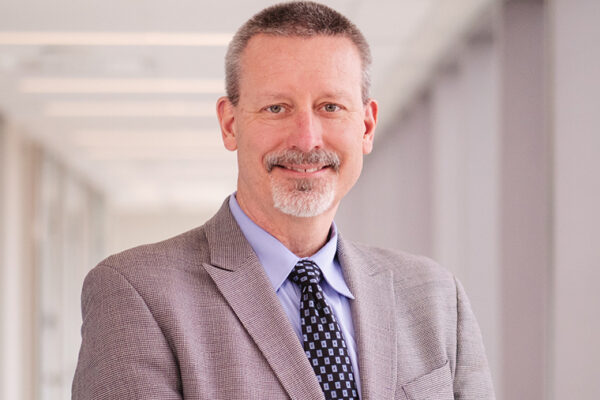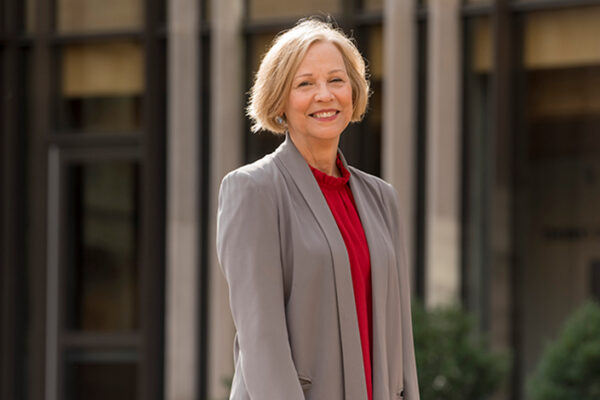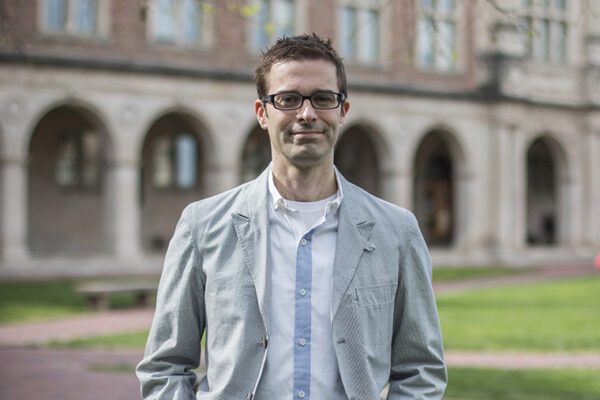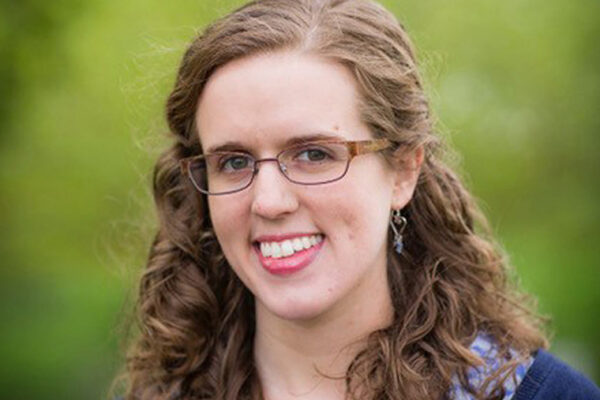Hultgren to study allergy and infectious diseases
Scott J. Hultgren, the Helen L Stoever Professor of molecular microbiology at the School of Medicine, received a five-year $2.4 million grant from the National Institute of Allergy and Infectious Diseases of the National Institutes of Health (NIH).
Bloom receives NIH grant for extramural research programs
Adam Joseph Bloom, assistant professor of genetics and of anesthesiology at the School of Medicine, received a five-year $2.9 million grant from the National Institute of Neurological Disorders and Stroke of the National Institutes of Health (NIH).
Cruz receives NIH fellowship award
Matthew A. Cruz, a predoctoral scholar in biochemistry and molecular biophysics and in the laboratory of Gregory Bowman at the School of Medicine, received a three-year $95,910 fellowship award from the National Institute of Allergy and Infectious Diseases of the National Institutes of Health (NIH).
Fitzpatrick receives grant for cutting-edge optical microscope
The National Institute of Mental Health has awarded James Fitzpatrick a $600,000 grant to purchase a cutting-edge optical microscope for the Washington University Center for Cellular Imaging, expanding super-resolution imaging to a broader range of wavelengths.
Alston receives NIH fellow transition award
Jhullian Jamille Alston, a predoctoral trainee in biochemistry and molecular biophysics and in the laboratories of Alex Holehouse and Andrea Soranno at the School of Medicine, received a predoctoral-to-postdoctoral fellow transition award from the National Cancer Institute of the National Institutes of Health (NIH).
Loomis to study novel molecular reaction pathways and dynamics
Richard Loomis, professor of chemistry in Arts & Sciences, received a three-year $700,000 grant, with a collaborator at Marquette University, from the National Science Foundation to study highly energized molecules’ reaction pathways.
Holehouse receives NSF grant
Alex Holehouse, assistant professor of biochemistry and molecular biophysics at the School of Medicine, along with researchers at the University of California, Merced, and the University of Wyoming, received a four-year $992,485 grant from the National Science Foundation through the new “Integrative Research in Biology” program.
Diabetes research center receives $4.3 million NIH grant
The National Institute of Diabetes and Digestive and Kidney Diseases, part of the National Institutes of Health (NIH), has awarded $4.3 million to renew the Washington University Center for Diabetes Translation Research.
Mathematician Kerr wins NSF grant
Matthew Kerr, professor of mathematics and statistics in Arts & Sciences, received a $164,784 grant from the National Science Foundation for a project titled “Asymptotic Hodge Theory, Fibered Motives and Algebraic Cycles.”
Anderson receives national research award
Sarah Anderson, a postdoctoral research associate in biology in Arts & Sciences, won the Ruth L. Kirschstein National Research Service Award from the National Institutes of Health (NIH), a three-year fellowship valued at about $200,000.
View More Stories

